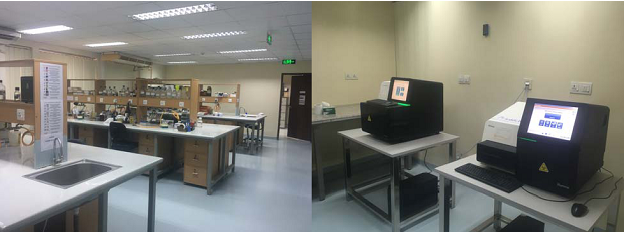Molecular and Landscape Epidemiology

The group addresses health problems of developing countries, and contributes to the understanding of mechanisms causing the emergence and evolution of pathogenic bacteria associated with diarrhoeal and respiratory diseases.
They are particularly interested in elucidating the mechanisms by which various ecological and genetic factors cooperate to convert and shape nonpathogenic bacterial strains into seasoned pathogens over a period of time. The lab specialises in isolating and characterising bacteria, viruses or phages which underpin different sporadic and or epidemic patterns of infectious diseases in different seasons. Work on understanding the epidemiology, transmissibility and ecology of Vibrio cholerae, and developing predictive models for cholera epidemics is also conducted under this department. Further, the research interests also entail functional epidemiology of Klebsiella, Salmonella, Shigella and diarrheagenic Escherichia coli infections, and factors which contribute to the emergence of multiple drug resistant strains thereof.
The group also maintains the Genomics Centre (GC) which was established to meet the need for application of advanced sequencing technologies and bioinformatics support to various biomedical research programmes implemented within icddr,b and at other institutions in the region. GC is equipped with Sanger Sequencer, Oxford Nanopore setup and Next Generation Sequencing platforms (NextSeq and MiSeq). The facility is able to carry out whole genome sequencing (bacteria and phages) and comparative genomics of diverse pathogens, as well as metagenomic analyses of clinical and environmental samples. This facility is being leveraged also for the development and provisioning of molecular diagnostic tests with rapid turnaround time.